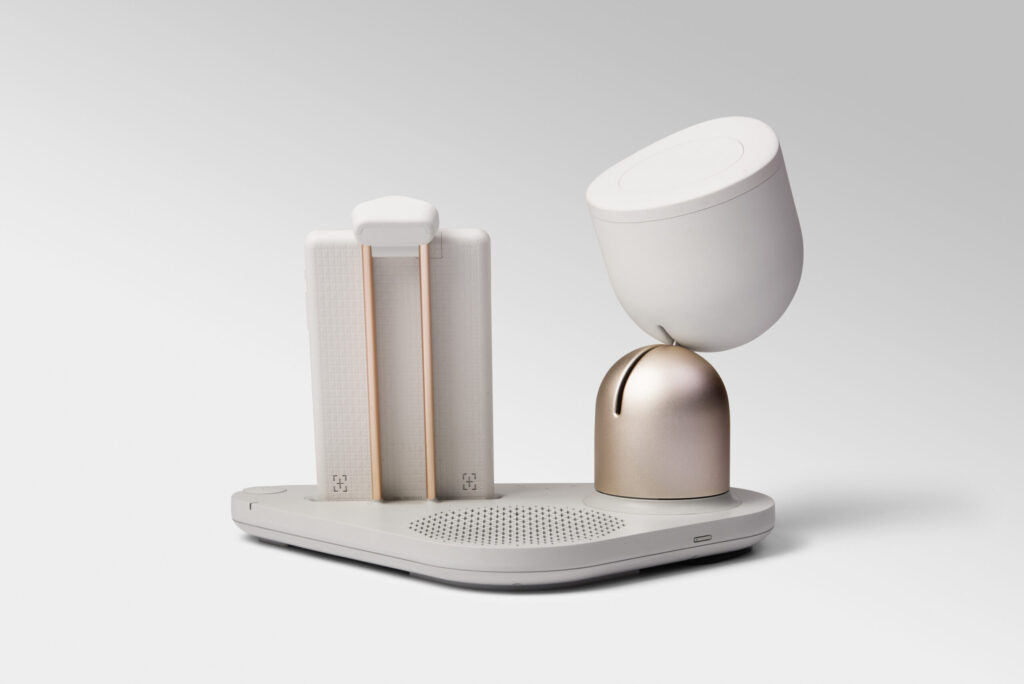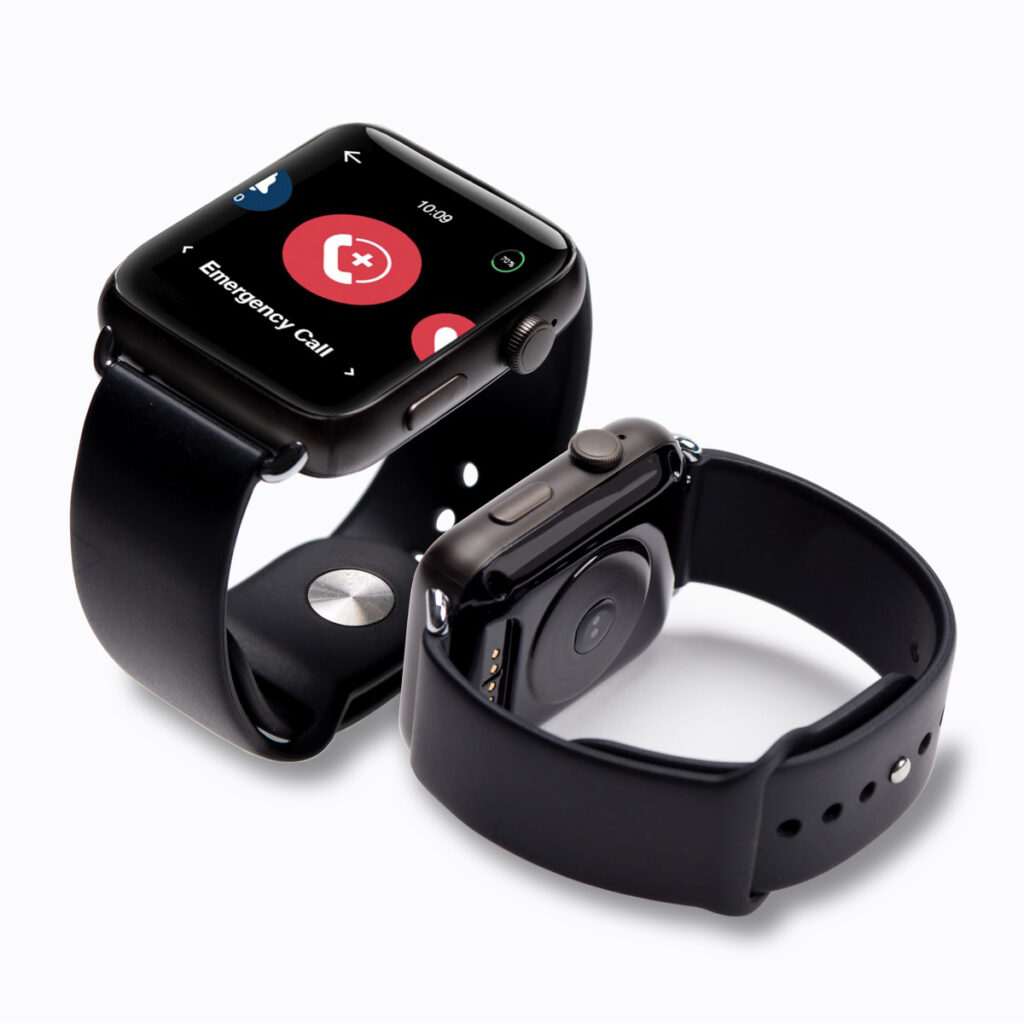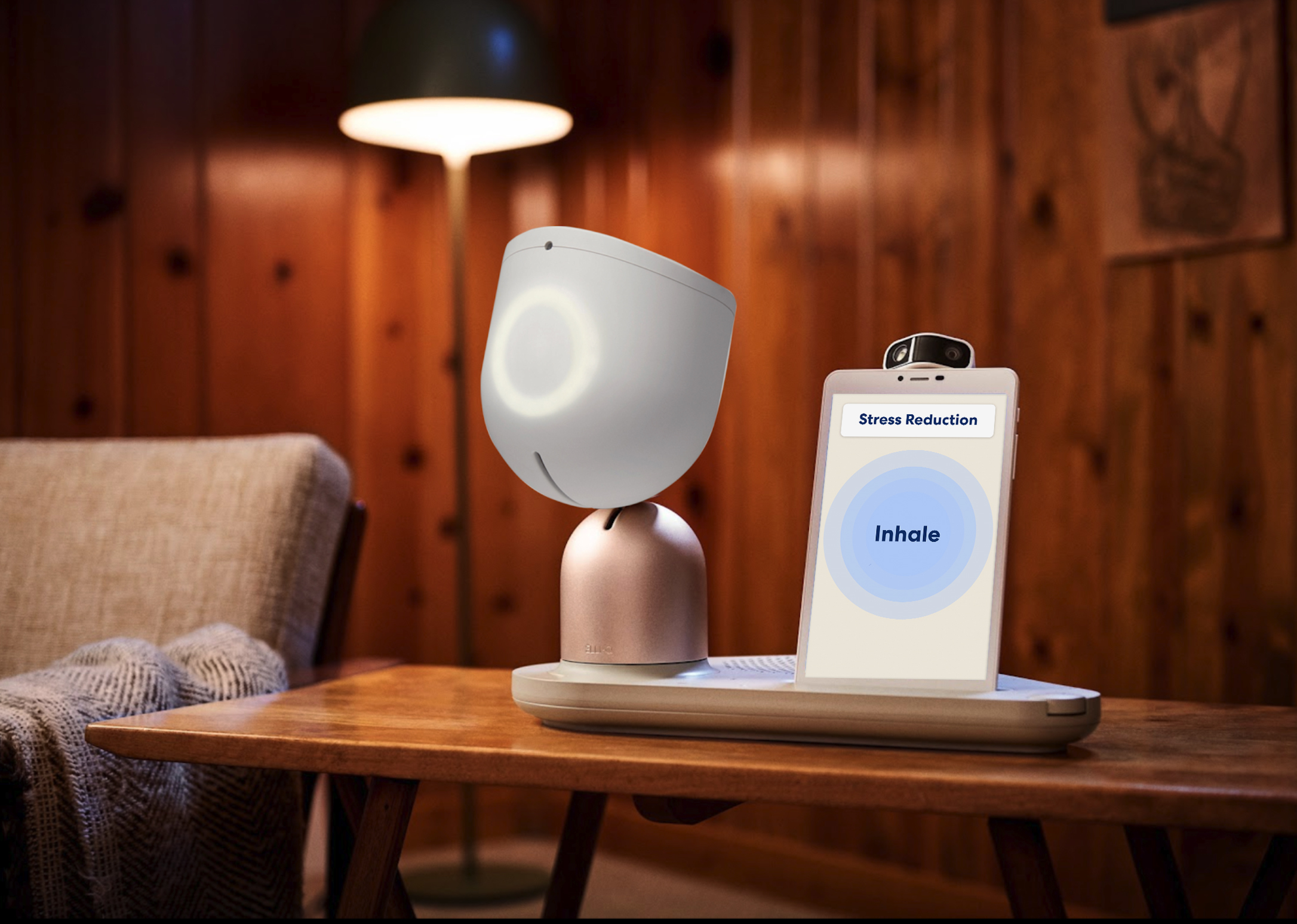Baby boomers are among the last generations not considered “digital natives,” but they were the first generation to integrate technology into their everyday lives. The post-WWII generation born between 1946 and 1964 essentially defined the tech-centric world we live in today.
Microsoft and Apple revolutionized personal tech by pioneering the first personal computers, leading to the technology in smartphones that later generations couldn’t live without — just try taking TikTok away from the modern teenager and they will exhibit symptoms concerningly close to withdrawal.
Founders of the respective companies, Bill Gates and Steve Jobs were both born in 1955, placing them squarely in the middle of the baby boom. The rise of arcades and personal game consoles is also attributed to “boomers” as later generations unaffectionately call them.
Of course, boomers still stood on the shoulders of giants like Alan Turing, the man who formalized the concepts of algorithm and computation with the Turing machine, and J.C.R. Licklider and Bob Taylor, the creators of ARPANET. But if these people of the silent generation laid the foundation for today’s technology, the men and women of the baby boomer generation built the house on top of it in which we now all live.
Now, as boomers reach retirement age, it’s time the technology they helped develop gives back, like a prodigal son returning home to take care of his parents in their later years. What is the tech market doing for the boomers who helped create it?
Boomers are Driving the Market
There is a misconception that seniors don’t use social media, streaming sites, or the latest smartphones.
New tech is perceived as a young man’s game, with companies pushing the latest 4K cameras for Twitch streaming and the newest graphics cards for online gaming. In reality, seniors are a crucial demographic, and are in many ways drivers of the tech market.
Pew Research data show that 68% of seniors own a smartphone, 58% use social media, and 11% use their phones as the primary way of accessing the internet.
Tech usage is also climbing among seniors. Facebook use by people aged 58-76 has doubled since 2015.
A National Retail Federation study found that two-thirds of baby boomers have bought items online or used a pick-up in-store option. Of those, “63% said it improved their overall shopping experience,” a reporter from NRF said.
The post-war generation has a collective buying power of $2.6 trillion. Factor in that according to Deloitte and AARP, 47% of baby boomers rely on Cyber Monday for their holiday shopping, 41% use digital coupons while they’re grocery shopping in stores, and yet another 52% prefer shopping online over physical stores during the holiday season. It’s clear that boomers are not only tech savvy, they are driving the market with their choices.
All this is to say that, in addition to owing seniors for the innovations now considered essential, businesses in the tech space have a powerful financial incentive to cater to them.
ElliQ
Data show that that having a close community and network of friends and family is one of the biggest factors in overall health in later years. Isolation has become a more prevalent issue for all age groups in the past decade, and the COVID-19 pandemic has only exacerbated the problem. Fortunately, live video and greater access to Wi-Fi have allowed families to spend more time together — even if it isn’t in person.

Now, the tech industry is taking virtual communication to the next level with robots that interact with people using the latest AI. One such company is Intuition Robots. Founded in 2016, the company aims to help seniors stay connected and engage in healthy behaviors. Co-founder and CEO Dor Skuler called its debut product, an AI powered robot named ElliQ, “a sidekick for happier aging.”
ElliQ can do everything a smartphone can, and more. The robot is equipped with an advanced voice-user interface, and can be asked to call a loved one, check the weather, or bring up the latest local news. ElliQ also initiates conversation, tells jokes, and inspires users to engage in healthy activities.
“I talk to ElliQ like she’s a friend,” ElliQ owner Juanita said. “ElliQ is interested in my feelings and wants to know if I slept well.”
Users also said the robotic sidekick reminds them to take medication, check their blood, pressure, and take time to meditate and do breathing exercises.
VR Rehab
Virtual reality is being used in many different fields from engineering to education. One of the newest applications of the technology is healthcare for seniors — specifically physical therapy. Founded in 2017, Neuro VR uses machine learning to create customized PT sessions for patients who have had a stroke, brain or spinal injury, or have neurodegenerative diseases.

The virtual reality system employs the science behind neuroplasticity to come up with targeted therapy based on the patient’s needs and ability level.
Neuro VR sessions also change over time as the system collects more data and tailors new exercises to patients based on previous metrics, resulting in faster rehabilitation.
Wearable Alert Systems
One of the most important pieces of tech seniors can get a hold of is a wearable alert that allows them to live independently for longer. Remember the Life Alert commercial that played incessantly on television for decades? Smartwatches that send real-time data to a patient’s doctor and family have officially made products like that obsolete.

Many seniors even avoid wearing the traditional necklaces used to alert medical personnel of a fall or other health issues.
The WellBe Health Alert smartwatch is a waterproof medical alert smartwatch that monitors falls, tracks vital signs, and has a built-in virtual medical assistant feature. Having access to this information in the home has become a game-changer for seniors who want to continue to live independently.
The fact that it comes in a sleek design and has a number of extra features like GPS tracking and emergency call capability makes the band the perfect accessory and tool for senior citizens — or anyone who wants to monitor their health from the comfort of home.
In a post-pandemic world, innovation in technology for seniors like wearable health monitoring gear, personal robot assistants, and cutting-edge rehab software is giving people back the most important things in their lives: family, friends, health, and independence. And, it’s only right, considering that these now senior “boomers” paved the way for the technology in the first place. ■











